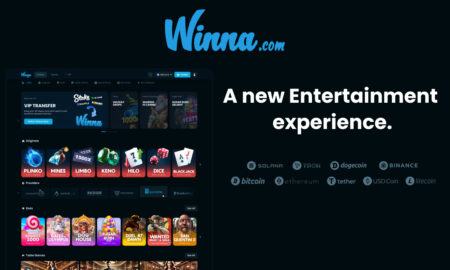BlockchainKid, as he is known as on social media, has officially launched an EOS “Block Producer” (BP) rating system, Mereo, just as EOS’ Delegated Proof of Stake (DPoS) system is facing criticism for being both un-democratic and cartel-like.
The EOS network, developed by the Block.one company, functions by soliciting EOS token holders to elect 21 privileged BPs to run the blockchain. It is therefore important that the interests of these BPs are in line with the interests of token holders, which brings into question the characters of the BP entities themselves.
Mereo reportedly wants to tackle this problem, using an “advanced scoring methodology” to “evaluate over 50 Block Producers across multiple governance and community value-add pillars” across thirteen rating metrics.
BlockchainKid expanded on the mechanics of this homegrown methodology over the course of several Medium posts. Since each token counts for one vote, and since tokens — and therefore votes — can literally be bought, the Mereo system will instead rate how many separate accounts have voted for a BP, no matter how many tokens those accounts have.
Don’t outlaw vote-buying, it’s impossible to enforce. Instead make it obsolete by better incentivizing token holders by other means. That’s the beauty of @ChintaiEOS and #REX. That’s the beauty of @eos_io. #eos $eos pic.twitter.com/sAOMBcJjKZ
— EOS New York (@eosnewyork) October 3, 2018
BPs will also garner more positive ratings by disclosing more information about themselves, with BlockchainKid stating the range of disclosures were “wide-ranging, to say the least”. A BP’s technical prowess, as well as dedication of technical resources to an account’s BP node, are taken into account, as is a node’s adherence to the EOS “Constitution”.
So-called “value-add” categories are also taken into account, and BPs will garner more points for producing content and educational material, hosting meetups, and developing software tools that can be used by the community. BlockchainKid concedes that this category is “subjective” in nature, and purports to be developing it very cautiously.
Overall, the majority of the rating criteria for BPs is non-automated, relying on Mereo to personally vet the BPs on a continuing basis. Much of the information taken into account in the criteria relies on voluntary disclosure, and makes use of external sources like LinkedIn.
EOS Under Fire
EOS has faced criticism that its voting system can be captured by special interests, that centralized “coalitions” can be formed, and that the cryptocurrency inflates too much, among other issues.
Block.one responded on October 1 to fresh concerns of, what they called, “unverified claims regarding irregular block producer voting” by proposing to use their own nearly 10% supply of EOS tokens, and “vote with other holders to reinforce the integrity of this process”, in order to “[empower] the intent of the greater community through a transparent process that incorporates community feedback.”








